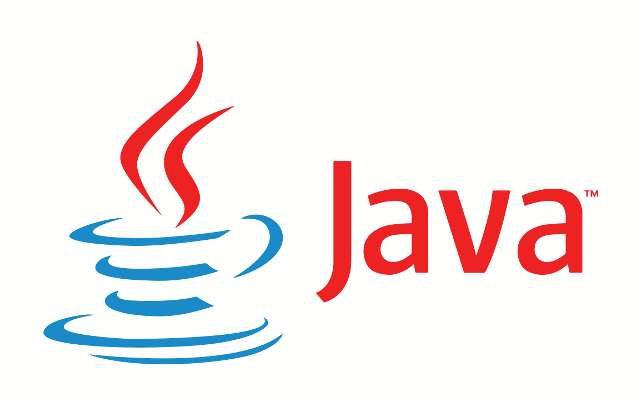“Mastering Cybersecurity Operations: Skills and Strategies for the Cisco CyberOps Associate Exam”
Summary
This comprehensive course is designed to equip participants with the knowledge and skills necessary to excel in cybersecurity operations, specifically in preparation for the Cisco CyberOps Associate Exam (700-750). Emphasizing both theoretical understanding and practical application, the curriculum addresses essential areas such as security monitoring, threat detection, and incident response.
Key Learning Outcomes
- Understanding Security Fundamentals: Participants will gain a solid foundation in key cybersecurity principles, focusing on the CIA triad (Confidentiality, Integrity, Availability), risk management strategies, and cryptography basics.
- Monitoring and Analyzing Security Events: Learners will acquire the ability to use various network monitoring tools and techniques. This will enable them to effectively identify and respond to security threats in real-time.
- Host-Based and Network Intrusion Analysis: The course will develop participants’ skills in analyzing security measures at the host level, understanding malware behavior, and detecting network traffic anomalies that may indicate breaches.
- Implementing Security Policies: Participants will learn how to design and enforce security policies and procedures, critical for maintaining a robust security posture within organizations.
- Automating Security Operations: The curriculum will explore strategies for automating security operations, aimed at improving response times and overall efficiency in threat management.
Course Structure
The course is organized into six modules:
- Introduction to Cybersecurity Concepts: An introductory module that lays the groundwork for understanding the field of cybersecurity.
- Security Monitoring Techniques: This module covers various monitoring techniques and tools, focusing on the detection of security incidents.
- Host-Based Security Analysis: Participants will delve into host-based security mechanisms, analyzing potential vulnerabilities and the behavior of malware.
- Network Intrusion Detection and Prevention: This module focuses on techniques for detecting and preventing unauthorized access to networks, highlighting the importance of both proactive and reactive measures.
- Developing Security Policies and Incident Response Plans: Participants will learn the essential components of security policies and how to create effective incident response plans to address potential security events.
- Automation in Cybersecurity Operations: The final module will cover tools and methodologies for automating various security processes, enhancing the efficiency and effectiveness of security operations.
Target Audience
This course is tailored for aspiring cybersecurity professionals, network administrators, and individuals interested in launching a career in security operations. While prior knowledge of networking concepts and basic IT security is recommended, it is not a strict requirement, making the course accessible to a broader audience.
Format and Learning Methodology
The course employs a blend of interactive lectures, hands-on labs, quizzes, and practice exams, ensuring a comprehensive and engaging learning experience. Participants will engage in practical exercises that simulate real-world scenarios, facilitating the application of theoretical knowledge in practical settings. This method not only reinforces learning but also prepares participants for the practical challenges they may encounter in cybersecurity roles.
Description
This comprehensive course prepares participants for the 700-750 Cisco CyberOps Associate Exam, focusing on the essential knowledge and skills needed to succeed in cybersecurity operations roles. Participants will explore key concepts in security monitoring, threat detection, and incident response while gaining practical experience through hands-on labs and real-world scenarios.
Key Learning Outcomes:
- Understand Security Fundamentals: Grasp the foundational principles of cybersecurity, including the CIA triad, risk management, and cryptography.
- Monitor and Analyze Security Events: Learn to use various network monitoring tools and techniques for identifying and responding to security threats.
- Perform Host-Based and Network Intrusion Analysis: Develop skills in analyzing host-based security measures, malware behavior, and network traffic anomalies.
- Implement Security Policies: Gain insight into designing and enforcing effective security policies and procedures within an organization.
- Automate Security Operations: Explore automation strategies to enhance response times and streamline security operations.
Course Structure:
- Module 1: Introduction to Cybersecurity Concepts
- Module 2: Security Monitoring Techniques
- Module 3: Host-Based Security Analysis
- Module 4: Network Intrusion Detection and Prevention
- Module 5: Developing Security Policies and Incident Response Plans
- Module 6: Automation in Cybersecurity Operations
Target Audience:
This course is designed for aspiring cybersecurity professionals, network administrators, and anyone seeking to establish a career in security operations. Prior knowledge of networking concepts and basic IT security is recommended but not required.
Format:
The course includes interactive lectures, hands-on labs, quizzes, and practice exams to ensure a well-rounded preparation for the Cisco CyberOps Associate Exam.









